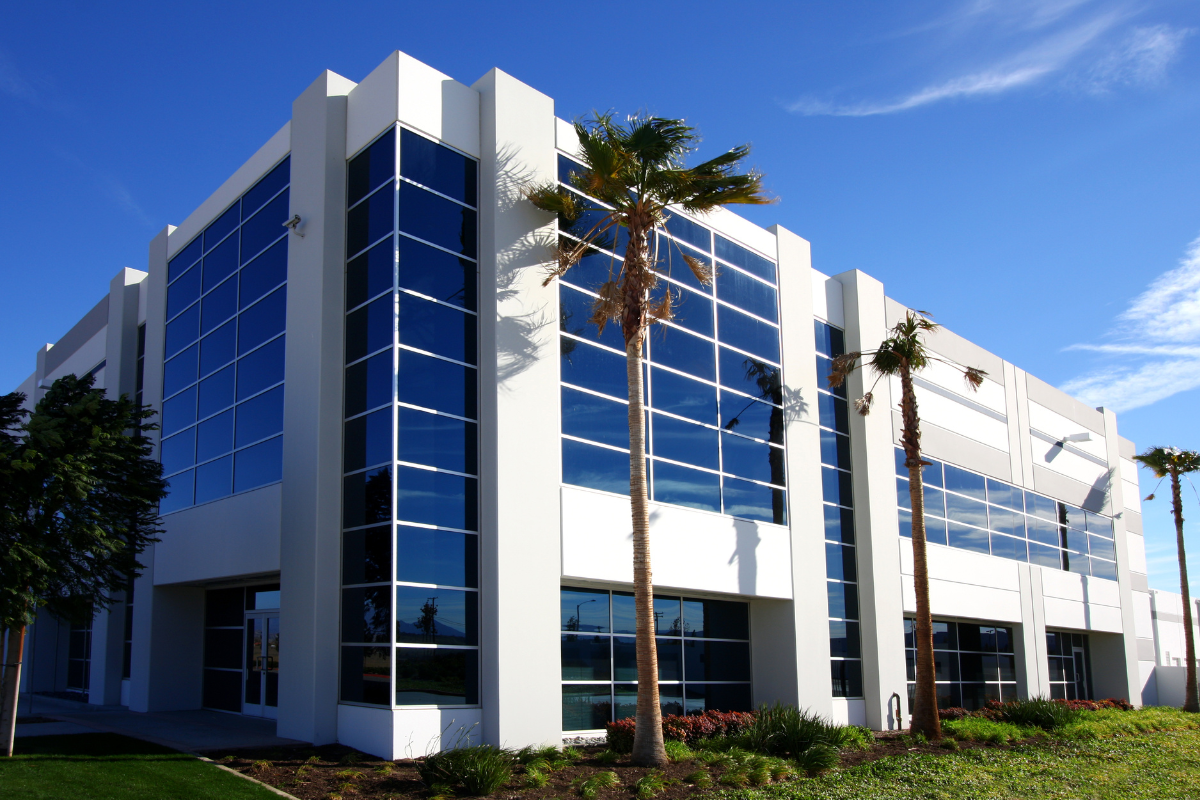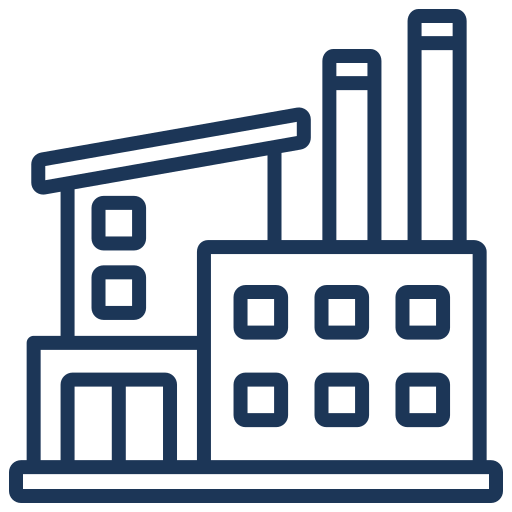Commercial Property Guide

Why Invest in Commercial Property?
Higher Rental Yields
Commercial properties typically offer better rental returns compared to residential properties, making them an attractive investment choice for property investors. Commercial properties typically yield 5-8% annually, compared to 2-4% for residential properties.
Longer Lease Terms
Commercial leases often span 3–10 years, providing stable and predictable income over time.
Tax Advantages
Claim deductions for expenses like loan interest, depreciation, and maintenance costs.
Market Stability
Commercial properties are less susceptible to market volatility than residential properties.
Types of Commercial Properties
When investing in commercial properties, understanding the options available is essential:

Retail Spaces
Perfect for small businesses and high-traffic areas like Bondi Junction’s bustling streets.

Office Buildings
Ideal for professional tenants in thriving hubs like Launceston’s growing business district.

Industrial Properties
Warehouses and manufacturing spaces with steady demand from the logistics sector.

Mixed-Use Developments
A blend of residential and commercial spaces, offering dual income streams.
Key Considerations Before Investing
Location, Location, Location
Choosing a prime location is critical for commercial growth. Focus on areas with strong foot traffic, excellent accessibility, and high market demand to maximise your investment potential.
Tenant Quality
Reliable tenants ensure consistent cash flow. Look for tenants with strong financials and stable business operations.
Financial Planning
Calculate upfront costs, ongoing expenses, and potential returns. Use our Borrowing Calculator to plan your finances effectively.
Market Trends
Stay informed about industry trends and local demand.
Step-by-Step Guide to Securing a Commercial Property Loan

1. Evaluate Your Financial Position:
Understand your borrowing capacity using tools like our Loan Comparison Guide.
2. Get Pre-Approved:
Pre-approval strengthens your position as a buyer and clarifies your budget.
3. Find the Perfect Property:
Our mortgage brokers can connect you with trusted agents specialising in Bondi Junction and Launceston.
4. Conduct Due Diligence:
Professional property inspections and market analysis are crucial before committing to a purchase.
5. Settle the Loan:
We’ll negotiate favourable terms and ensure a smooth settlement process.
Frequently Asked Questions
How much deposit is required for a commercial property loan in Australia?
Most lenders require a deposit of 20% to 30% of the property’s value. For example, if the property is worth $1 million, you’ll need between $200,000 and $300,000 as a deposit.
What are the primary risks associated with commercial property investment?
Key risks include vacancy periods, economic downturns affecting property values, and tenant defaults. These can be mitigated with thorough market research, selecting high-demand locations, and securing reliable tenants with strong financial backing.
Can I leverage the equity in my residential property to invest in commercial real estate?
Yes, Australian investors often use equity in their homes as collateral for commercial property investments, which can enhance borrowing capacity and open opportunities for larger or additional purchases.
What tax advantages are available for commercial property investors?
You can claim deductions on loan interest, property depreciation, and operating expenses. Negative gearing—where expenses exceed rental income—may also help offset taxable income. Be sure to consult a tax professional for personalised advice.
How does a commercial property loan differ from a residential property loan?
Commercial loans generally have higher interest rates and require larger deposits, but they often feature longer lease terms and the potential for higher yields, appealing to investors focused on maximising returns.
What is negative gearing, and how does it apply to property investment?
Negative gearing occurs when the expenses of owning an investment property exceed the income it generates. In Australia, this loss can be deducted from your taxable income, reducing your overall tax liability and helping to grow your portfolio strategically.
How do interest rates impact my property investment?
Changes in interest rates directly affect loan repayments and your overall returns. Monitoring market trends and considering a fixed-rate loan can help safeguard against rate rises and maintain cash flow stability.
What should I consider when choosing a location for my investment property?
Consider population growth, infrastructure development, employment opportunities, and local amenities, as these factors drive demand and increase property values. Well-researched locations are key to a successful investment.
How can I assess the potential return on investment (ROI) for a property?
To evaluate ROI, analyse rental yields and potential capital growth while accounting for costs like loan repayments, maintenance, and taxes. Our Borrowing Calculator can help you estimate your financial capacity.
Is it better to invest in residential or commercial property?
Both options have unique advantages. Residential properties often provide stability and easier financing, while commercial properties deliver higher yields and longer lease terms, albeit with increased complexity and potential risks. Your choice should align with your financial goals and risk tolerance.
Ready to Take the Next Step?
Lagos Financial is here to help you secure the best financing for your commercial property investments. Whether you’re just starting or expanding your portfolio, our experts are ready to guide you.
Speak with a specialist today.
Let’s turn your investment goals into reality!
